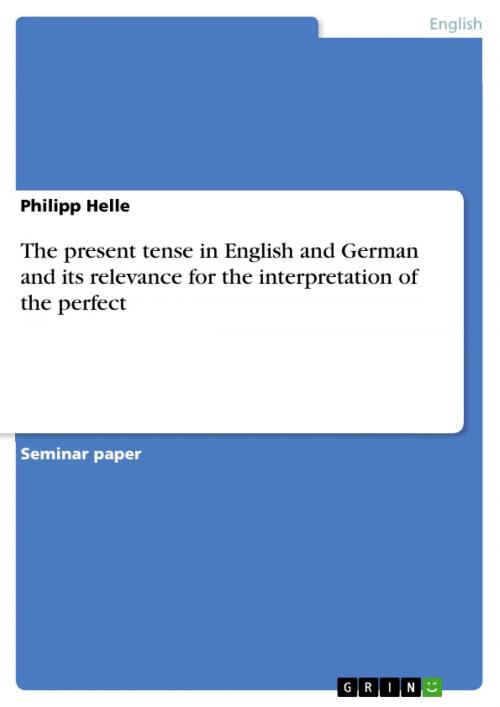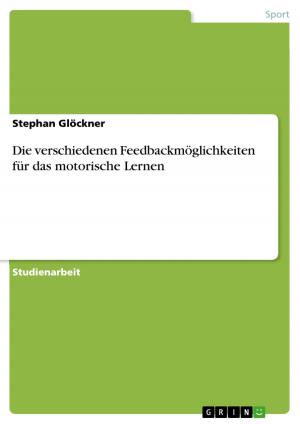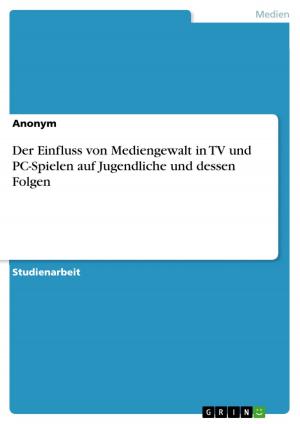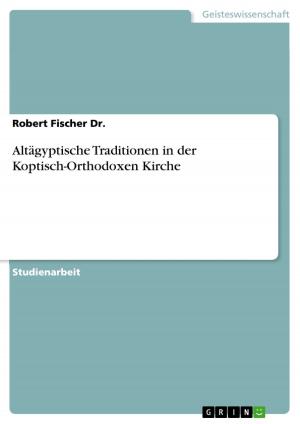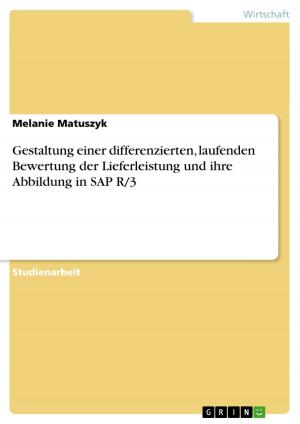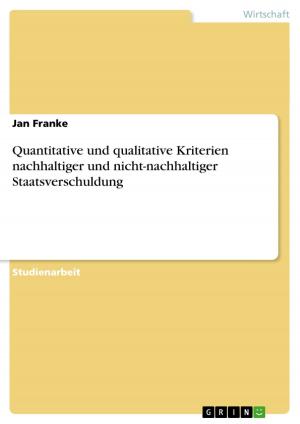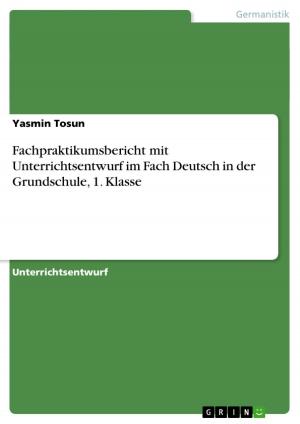The present tense in English and German and its relevance for the interpretation of the perfect
Nonfiction, Entertainment, Drama, Anthologies| Author: | Philipp Helle | ISBN: | 9783638482134 |
| Publisher: | GRIN Verlag | Publication: | March 23, 2006 |
| Imprint: | GRIN Verlag | Language: | English |
| Author: | Philipp Helle |
| ISBN: | 9783638482134 |
| Publisher: | GRIN Verlag |
| Publication: | March 23, 2006 |
| Imprint: | GRIN Verlag |
| Language: | English |
Seminar paper from the year 2005 in the subject English Language and Literature Studies - Linguistics, grade: 2, University of Hamburg, course: Tense, Aspect and Modality, 18 entries in the bibliography, language: English, abstract: In their analysis of the perfect in English and German Klein and Vater postulate that the English present perfect and the German Perfekt are very much the same except that the Perfekt has two additional usages. They refer to Anderson (Anderson, 1982:228) and list five major usages of perfect in the English language to which exist corresponding usages in the German Perfekt and give the following examples - the example for the present continuous is left out because it does not concern the analysis given in this paper: 1.Experiential Have you ever been to Japan? Sind sie je in Japan gewesen? 2.Current relevance of anterior He has studied the whole book. (So he can help.) Paul hat sich mit Biologie befasst. (Paul kennt sich damit aus.) 3.New situation, 'hot news' The Etna has just erupted! Eben hat es geblitzt! 4.Result-state He has gone. (or) He is gone. (is not here) Er ist weggegangen. (Er ist weg.) The two additional functions they see are that the Perfekt can easily relate to the future and often functions like the English simple past as can be shown by the following examples: 1. The Colossus of Rhodos weighed 100 tons. Der Koloss von Rhodos hat 100 Tonnen gewogen 2. Tomorrow at ten, Peter will have left London. Morgen um zehn hat Peter London verlassen. In their proceeding they postulate that the tense systems of English and German do not mainly differ with respect to the perfect but that the role of the present tense is to blame for the observation made in the beginning. They base this conclusion on an excerpt from Comrie who wrote about the compositional structure of the perfect - being a composite of a present tense auxiliary and a past participle - that 'the present auxiliary conveys the present meaning, while the past participle conveys that of past action' (Comrie, 1976:107). Klein and Vater's assumption is that in the English language the present tense is closely bound to the moment of speech whereas in German it is relatively free in this regard (Klein/Vater, 1998:221). This led to a lively discussion in the course with two main points. The first being whether it is justified to state that English and German differ crucially in their usage of the present tense, and the second, assuming this difference really exists, whether it is the reason for the additional functions of the Perfekt.
Seminar paper from the year 2005 in the subject English Language and Literature Studies - Linguistics, grade: 2, University of Hamburg, course: Tense, Aspect and Modality, 18 entries in the bibliography, language: English, abstract: In their analysis of the perfect in English and German Klein and Vater postulate that the English present perfect and the German Perfekt are very much the same except that the Perfekt has two additional usages. They refer to Anderson (Anderson, 1982:228) and list five major usages of perfect in the English language to which exist corresponding usages in the German Perfekt and give the following examples - the example for the present continuous is left out because it does not concern the analysis given in this paper: 1.Experiential Have you ever been to Japan? Sind sie je in Japan gewesen? 2.Current relevance of anterior He has studied the whole book. (So he can help.) Paul hat sich mit Biologie befasst. (Paul kennt sich damit aus.) 3.New situation, 'hot news' The Etna has just erupted! Eben hat es geblitzt! 4.Result-state He has gone. (or) He is gone. (is not here) Er ist weggegangen. (Er ist weg.) The two additional functions they see are that the Perfekt can easily relate to the future and often functions like the English simple past as can be shown by the following examples: 1. The Colossus of Rhodos weighed 100 tons. Der Koloss von Rhodos hat 100 Tonnen gewogen 2. Tomorrow at ten, Peter will have left London. Morgen um zehn hat Peter London verlassen. In their proceeding they postulate that the tense systems of English and German do not mainly differ with respect to the perfect but that the role of the present tense is to blame for the observation made in the beginning. They base this conclusion on an excerpt from Comrie who wrote about the compositional structure of the perfect - being a composite of a present tense auxiliary and a past participle - that 'the present auxiliary conveys the present meaning, while the past participle conveys that of past action' (Comrie, 1976:107). Klein and Vater's assumption is that in the English language the present tense is closely bound to the moment of speech whereas in German it is relatively free in this regard (Klein/Vater, 1998:221). This led to a lively discussion in the course with two main points. The first being whether it is justified to state that English and German differ crucially in their usage of the present tense, and the second, assuming this difference really exists, whether it is the reason for the additional functions of the Perfekt.
